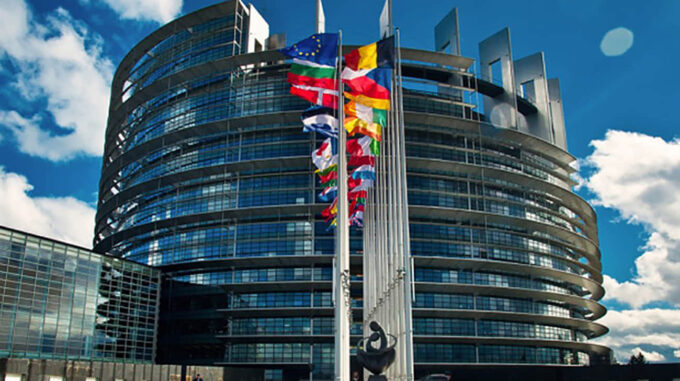The European Parliament has adopted a long-term decision regarding trade cooperation with Ukraine: for the next three years — until 2028 — it has extended the unprecedented regime of tariff and quota removal for Ukrainian iron and steel products within the framework of what is called the “trade visa-free regime

" This decision concerns the preservation of duty-free import of Ukrainian metallurgical products into the European Union and is an important step in supporting Ukraine's economy amid war and economic uncertainty. Approximately one month later — on June 6, 2025 — the validity of the EU’s General Autonomous Trade Policy concerning Ukrainian goods will end. This policy has been in effect since 2015 to stimulate exports from Ukraine and strengthen the EU’s role as a trading partner. In the context of this date, the European Parliament adopted a resolution according to which duty-free supplies of Ukrainian iron and steel products to the EU will be extended until June 5, 2028. According to the text of the legislative resolution — the European Parliament’s document titled “Suspension of certain provisions of Regulation (EU) 2015/478 concerning the import of Ukrainian products into the EU,” adopted on May 8, 2025 — this decision is an important step in supporting Ukrainian metallurgy, which has faced significant challenges due to the war, destruction of infrastructure, and Russian aggression. Press releases from the European Parliament emphasize that European institutions are working on a long-term agreement to ensure more transparent and stable trade relations between Ukraine and the EU. They state that this will be an essential part of economic support and the stabilization of Ukraine’s industrial sector in the long run. “The Ukrainian metallurgical sector is a key pillar of the Ukrainian economy. It continues to operate despite all challenges: frequent shelling, destruction of factories, resource shortages, and ongoing efforts — thousands of workers are still working. They are doing their best to support the country’s economy and maintain jobs, despite Russian aggression,” commented European Parliament Member Karin Karlsbro from Sweden, who was the rapporteur for this resolution. Following the vote, 354 members supported the document, 147 voted against, and 53 abstained. The legislative initiative will enter into force after its official approval by the Council of the European Union and publication in the appropriate official sources. It is worth noting that the European Commission currently does not plan to extend the autonomous trade measures, including the “trade visa-free regime” for Ukraine, which was in effect until June 5. Instead, officials are preparing for a longer-term scheme: the mutually beneficial free trade agreement — one of the main priorities of the European integration process — will enshrine all the conditions for trade liberalization. This change marks a new era in Ukraine’s relations with the EU: a gradual transition from temporary, selective preferences to stable and predictable trade rules, which will promote further development of Ukraine’s economy, modernization of its industry, and integration into the European market. More details about this new era of international trade, its features, challenges, and prospects — can be found in the article by Yuriy Panchenko, editor of “European Pravda,” titled “A New Era of Trade with the EU: What Will Replace 'Autonomous Preferences’.”

